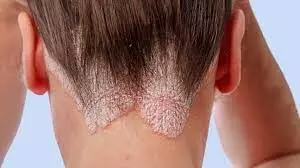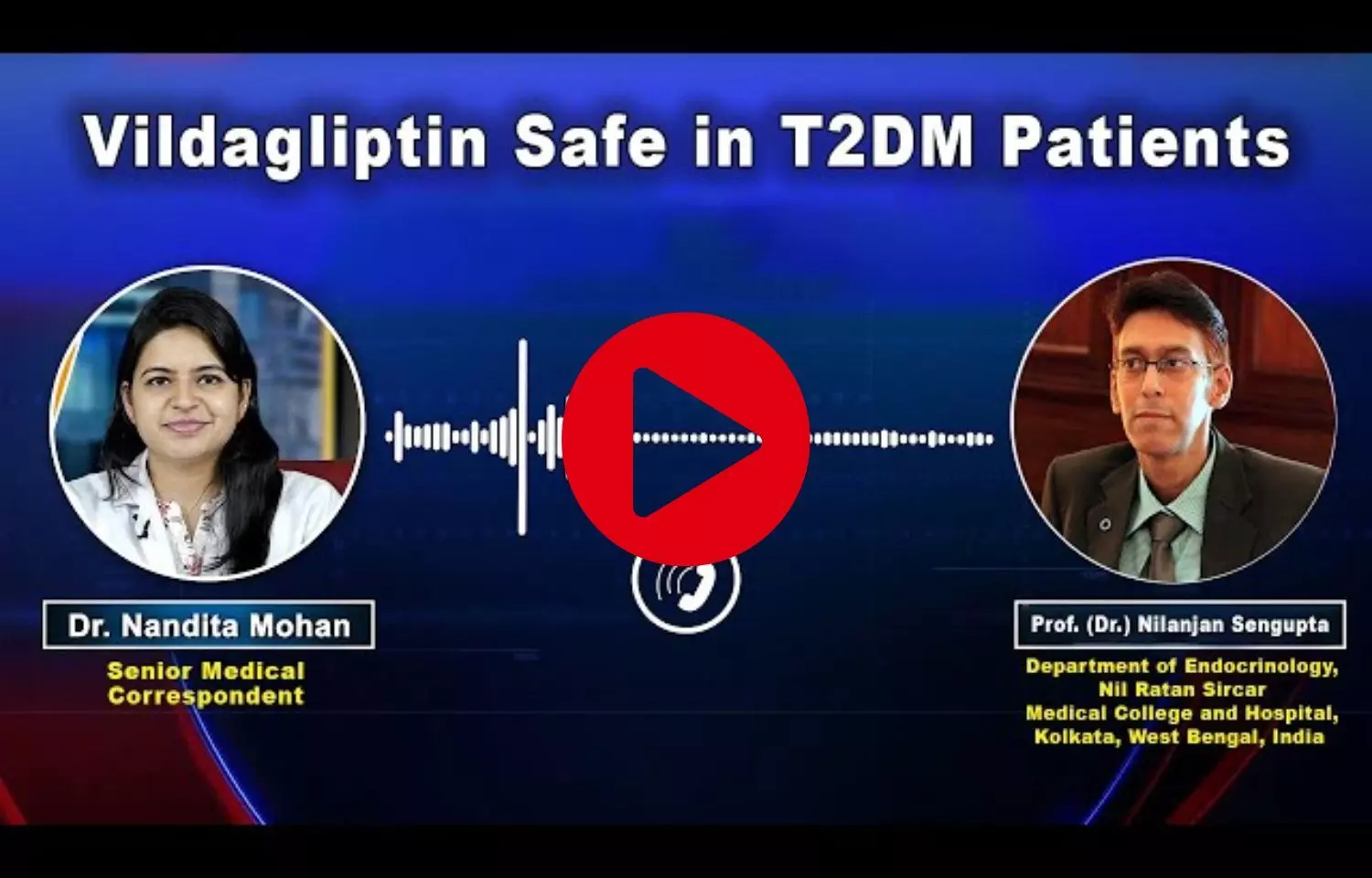- Home
- Medical news & Guidelines
- Anesthesiology
- Cardiology and CTVS
- Critical Care
- Dentistry
- Dermatology
- Diabetes and Endocrinology
- ENT
- Gastroenterology
- Medicine
- Nephrology
- Neurology
- Obstretics-Gynaecology
- Oncology
- Ophthalmology
- Orthopaedics
- Pediatrics-Neonatology
- Psychiatry
- Pulmonology
- Radiology
- Surgery
- Urology
- Laboratory Medicine
- Diet
- Nursing
- Paramedical
- Physiotherapy
- Health news
- Fact Check
- Bone Health Fact Check
- Brain Health Fact Check
- Cancer Related Fact Check
- Child Care Fact Check
- Dental and oral health fact check
- Diabetes and metabolic health fact check
- Diet and Nutrition Fact Check
- Eye and ENT Care Fact Check
- Fitness fact check
- Gut health fact check
- Heart health fact check
- Kidney health fact check
- Medical education fact check
- Men's health fact check
- Respiratory fact check
- Skin and hair care fact check
- Vaccine and Immunization fact check
- Women's health fact check
- AYUSH
- State News
- Andaman and Nicobar Islands
- Andhra Pradesh
- Arunachal Pradesh
- Assam
- Bihar
- Chandigarh
- Chattisgarh
- Dadra and Nagar Haveli
- Daman and Diu
- Delhi
- Goa
- Gujarat
- Haryana
- Himachal Pradesh
- Jammu & Kashmir
- Jharkhand
- Karnataka
- Kerala
- Ladakh
- Lakshadweep
- Madhya Pradesh
- Maharashtra
- Manipur
- Meghalaya
- Mizoram
- Nagaland
- Odisha
- Puducherry
- Punjab
- Rajasthan
- Sikkim
- Tamil Nadu
- Telangana
- Tripura
- Uttar Pradesh
- Uttrakhand
- West Bengal
- Medical Education
- Industry
Estimated Blood Viscosity a prognostic factor for mortality in COVID 19
Increased estimated blood viscosity (eBV) is significantly and prognostically associated with the increased mortality rate in patients hospitalized with COVID-19 as per a study published in the "Journal of the American College of Cardiology,2022."
The novel coronavirus disease has stirred quite a havoc throughout the world causing increased morbidity and mortality. COVID-19 infection is characterized by a dysfunctional immune response and abnormal blood rheology contributing to endothelial dysfunction and thrombotic complications. Whole blood viscosity (WBV) is a clinically validated measure of blood rheology and an established predictor of cardiovascular risk. Based on the hypothesis that increased WBV is associated with mortality among patients hospitalized with COVID-19, Researchers from the U.S.A conducted a study to determine the association between estimated BV (eBV) and mortality among hospitalized COVID-19 patients.
The study was conducted between February 27, 2020, to November 27, 2021, at Mount Sinai Health System on 5,621 hospitalized COVID-19 patients. Walburn-Schneck model was used to calculate the eBV. To evaluate the association between eBV and mortality, Multivariate Cox proportional hazards models were used. Age, sex, race, cardiovascular and metabolic comorbidities, in-house pharmacotherapy, and baseline inflammatory biomarkers are considered covariates.
Results:
- Estimated high-shear BV (eHSBV) and estimated low-shear BV were associated with increased in-hospital mortality.
- One-centipoise increase in eHSBV and estimated low-shear BV were associated with a 36.0% and 7.0% increase in death, respectively (P < 0.001).
- Compared with participants in the lowest quartile of eHSBV, those in the highest quartile of eHSBV had higher mortality.
- The association was consistent among multiple subgroups, notably among patients without any comorbidities.
Thus, the researchers concluded that increased eBV is significantly associated with higher mortality in hospitalized COVID-19 patients. They also suggested that this can be used as a prognostic factor in the early stages of COVID 19 and hence thorough evaluation of the future therapeutics that aim at reducing WBV should be done.
For the full article, click here: https://doi.org/10.1016/j.jacc.2022.04.060
Choi D, Waksman O, Shaik A, et al. Association of Blood Viscosity With Mortality Among Patients Hospitalized With COVID-19. J Am Coll Cardiol. 2022 Jul, 80 (4) 316–328.
BDS, MDS
Dr.Niharika Harsha B (BDS,MDS) completed her BDS from Govt Dental College, Hyderabad and MDS from Dr.NTR University of health sciences(Now Kaloji Rao University). She has 4 years of private dental practice and worked for 2 years as Consultant Oral Radiologist at a Dental Imaging Centre in Hyderabad. She worked as Research Assistant and scientific writer in the development of Oral Anti cancer screening device with her seniors. She has a deep intriguing wish in writing highly engaging, captivating and informative medical content for a wider audience. She can be contacted at editorial@medicaldialogues.in.
Dr Kamal Kant Kohli-MBBS, DTCD- a chest specialist with more than 30 years of practice and a flair for writing clinical articles, Dr Kamal Kant Kohli joined Medical Dialogues as a Chief Editor of Medical News. Besides writing articles, as an editor, he proofreads and verifies all the medical content published on Medical Dialogues including those coming from journals, studies,medical conferences,guidelines etc. Email: drkohli@medicaldialogues.in. Contact no. 011-43720751




